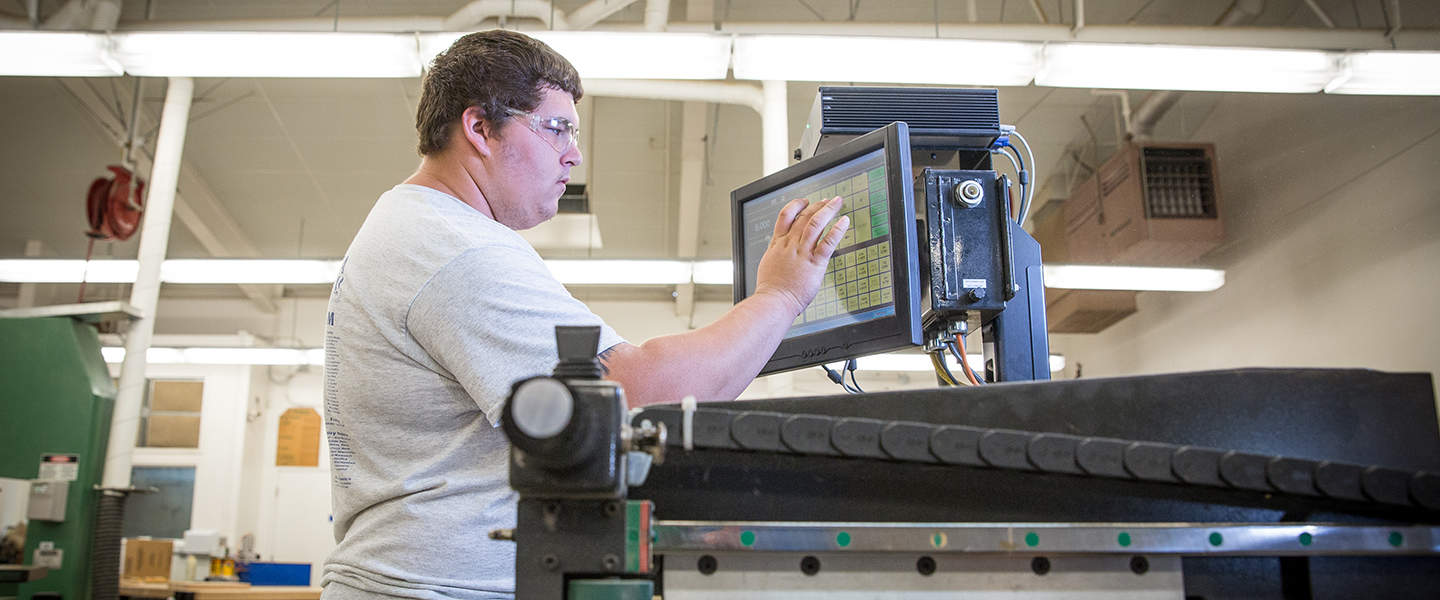Career and technical education (CTE) helps prepare students of all ages and interests to take on a wide range of high-skill, high-wage jobs – including jobs in agriculture. Without CTE, many essential positions in the agriculture sector would likely go unfilled.
LeAnn Wilson, executive director of the Association for Career and Technical Education, defines CTE as skills-based education that equips students with the technical, academic and employability expertise required for college and career success. As a result, CTE not only benefits job seekers, but it also serves employers by ensuring they have a highly skilled workforce from which to hire.
“CTE provides an enriched experience for students and can lay the foundation for students’ continued success whether they plan on pursuing additional education or going straight to work,” Wilson says. “Plus, CTE helps close the skills gap that many industries and employers struggle with by fully preparing graduates for work and making sure they’re primed and ready for the career of their choice. It’s a win-win situation.”
At both the high school and postsecondary levels, CTE encompasses 16 career clusters, such as agriculture, food and natural resources; science, technology, engineering and math (STEM); and business. Within each cluster, there are several pathways corresponding to courses and training opportunities designed to prepare students for their desired career.
“Many people do not realize how expansive CTE truly is,” Wilson says. “There are 79-plus pathways within the 16 career clusters, and they can each lead to a variety of lucrative opportunities.”
In the agriculture, food and natural resources cluster, students can follow one of seven pathways including agribusiness systems; animal systems; environmental service systems; food products and processing systems; natural resources systems; plant systems; and power, structural and technical systems. However, Wilson points out that the other 15 clusters may also benefit someone interested in a career in the agriculture industry due to its diverse scope of careers.
“As more and more people are realizing, a career in agriculture doesn’t necessarily mean farming or production agriculture, and there are a broad range of opportunities in agriculture that CTE can support,” Wilson says. “For example, someone who is interested in a career in conservation science would fit well into the STEM cluster.”
Wilson adds that the earning potential for someone with a CTE background is high – with or without a bachelor’s degree.
To learn more about the 16 career clusters and the many opportunities CTE can provide, visit AgExplorer.ffa.org.












